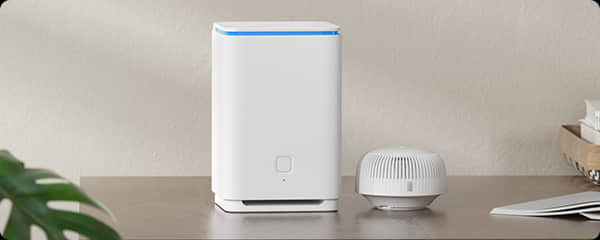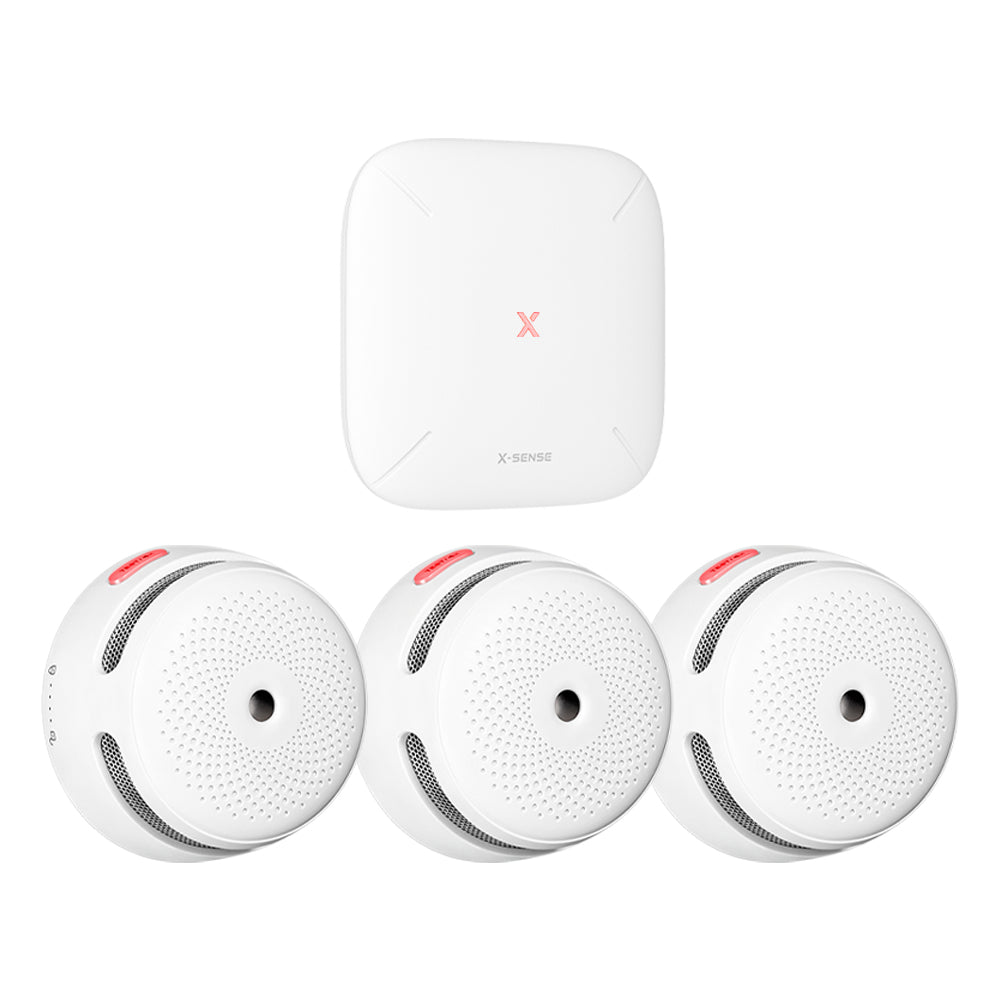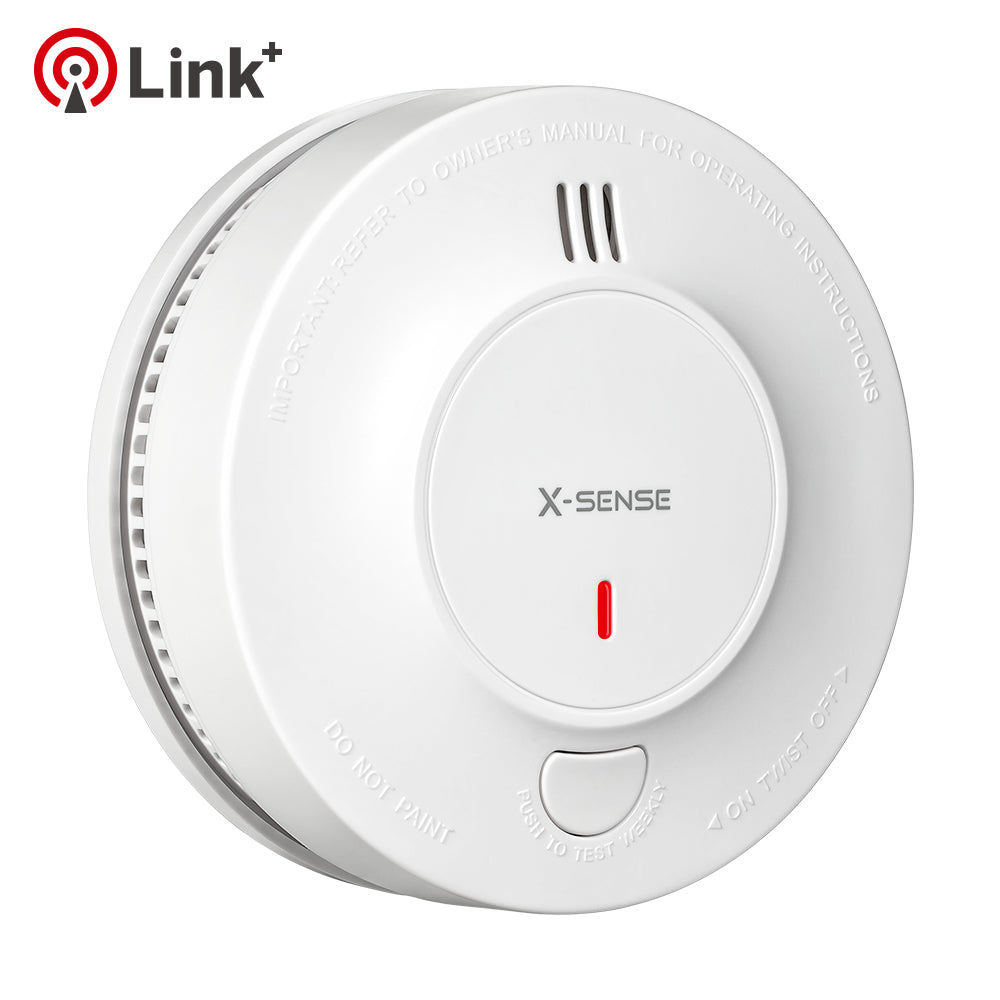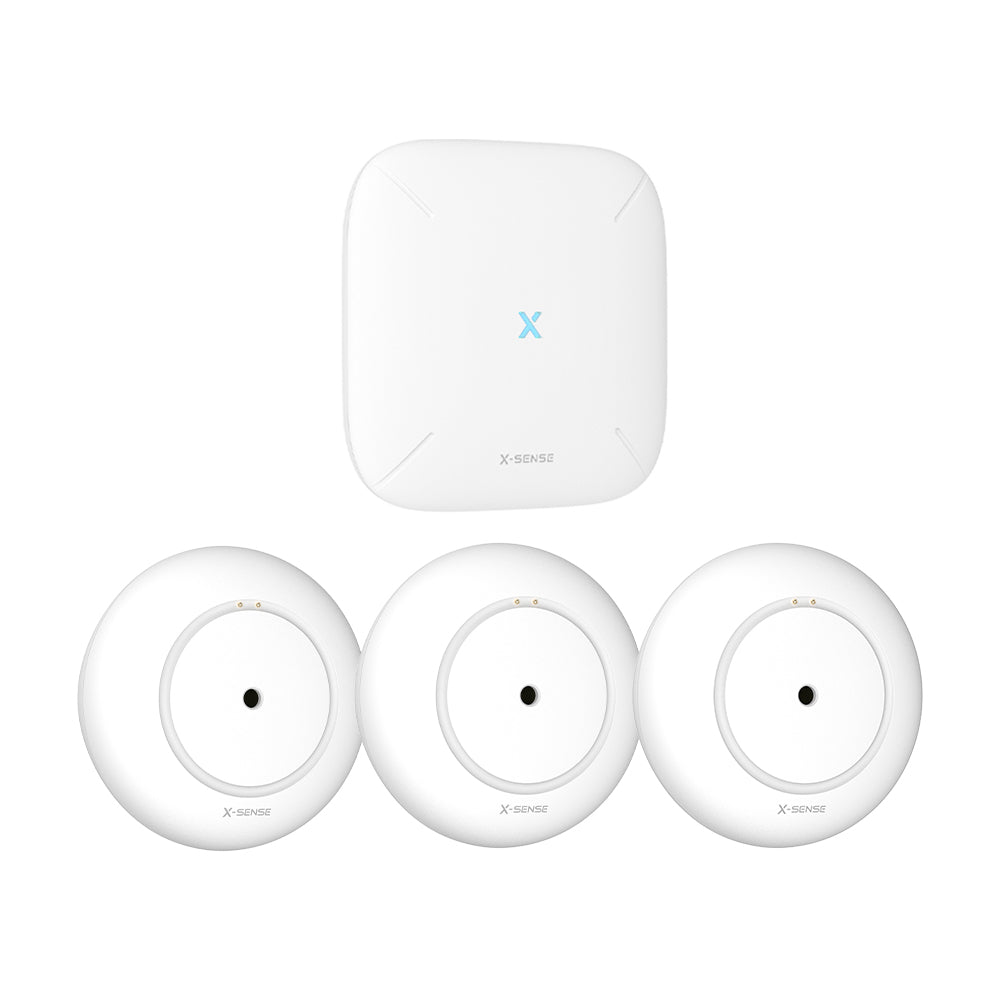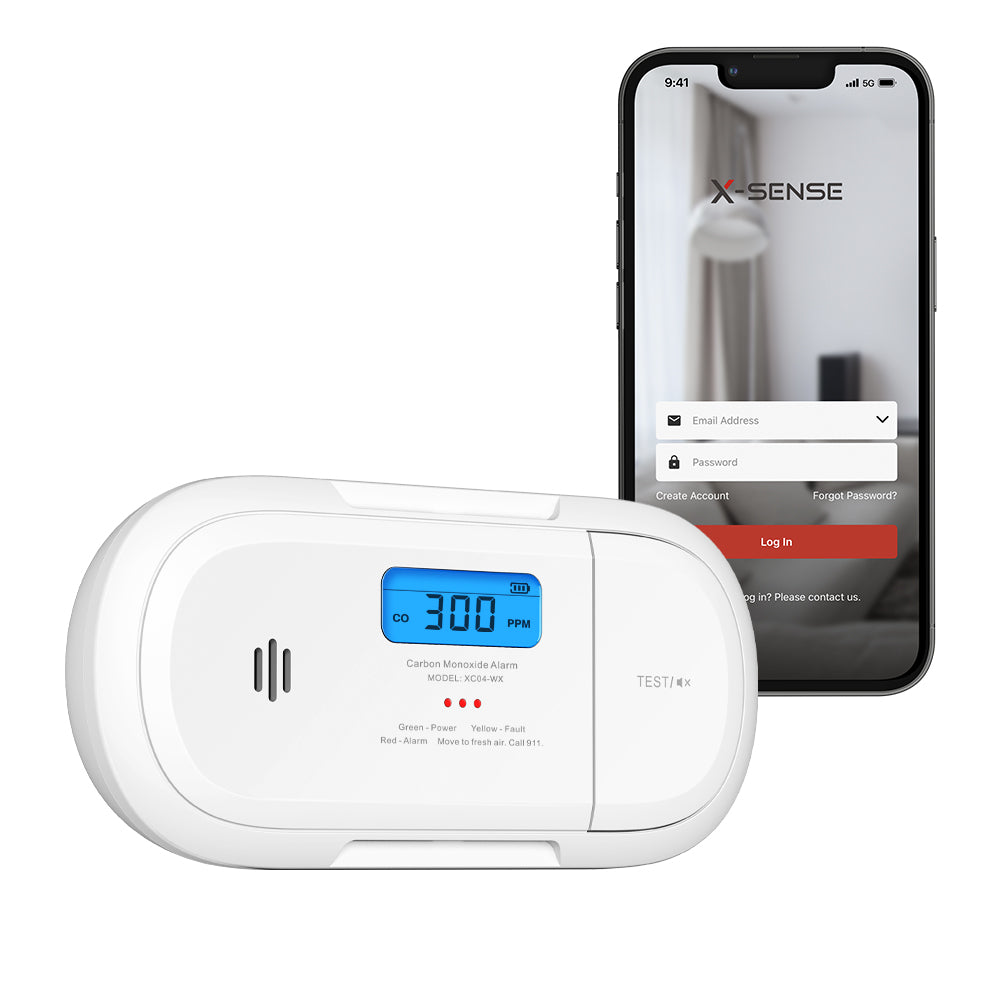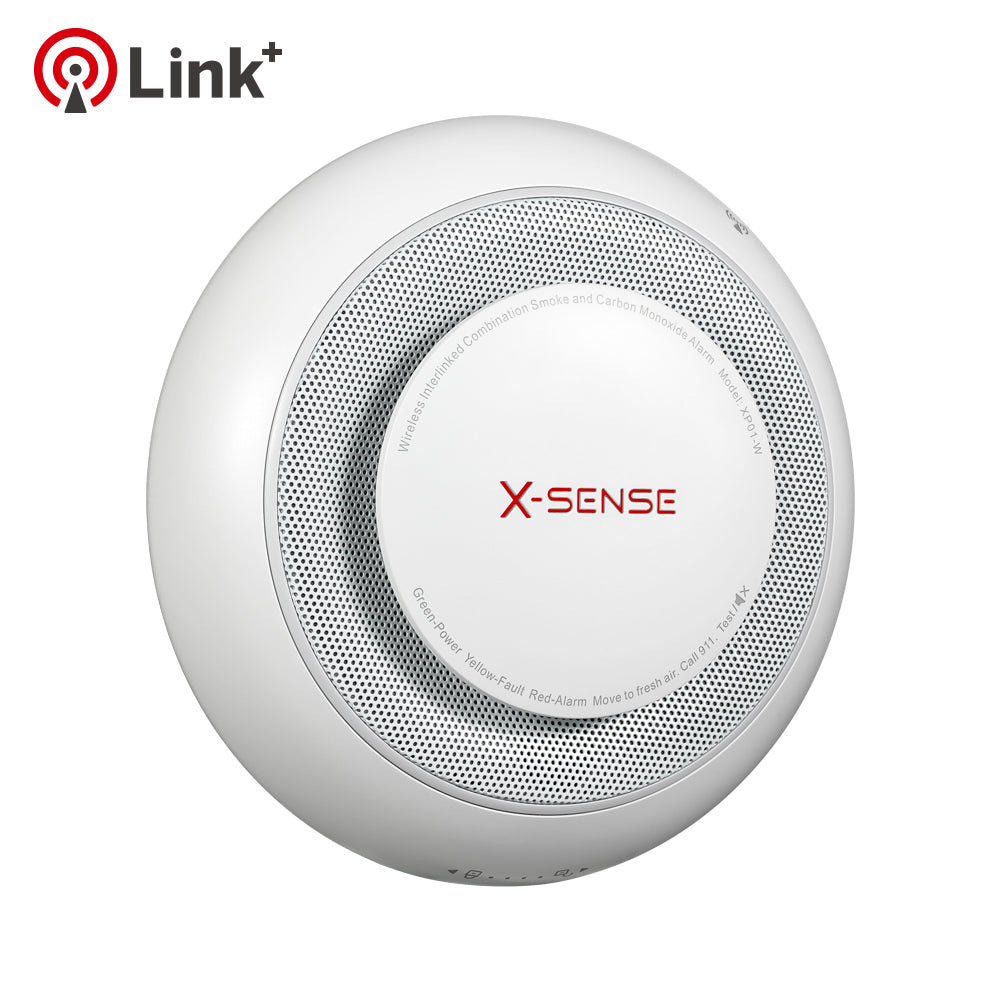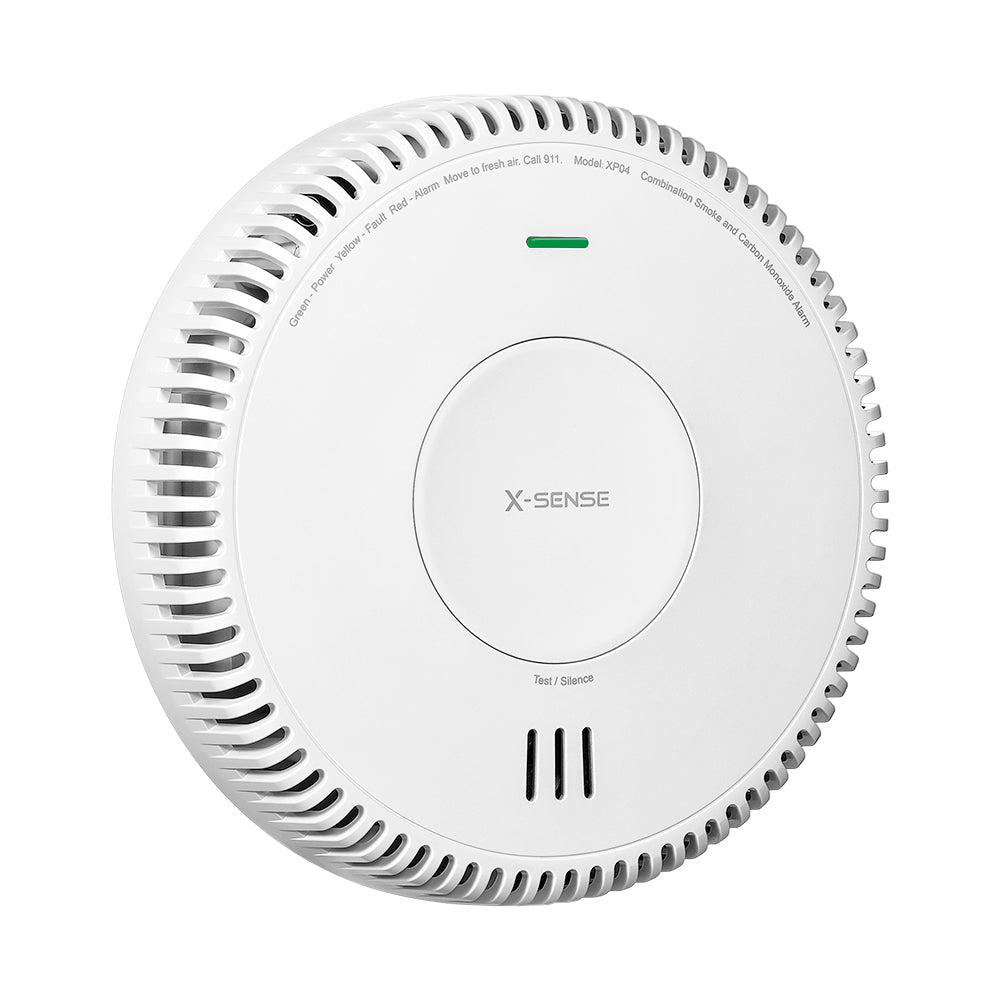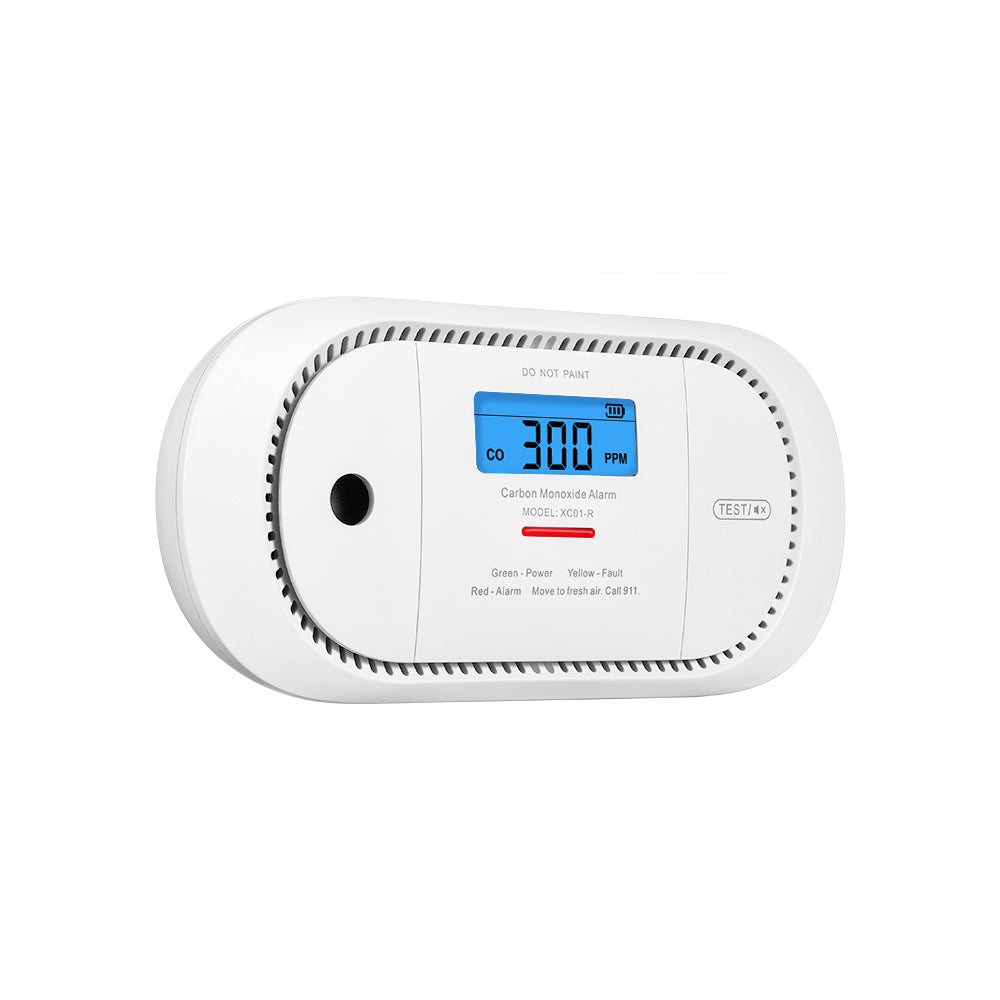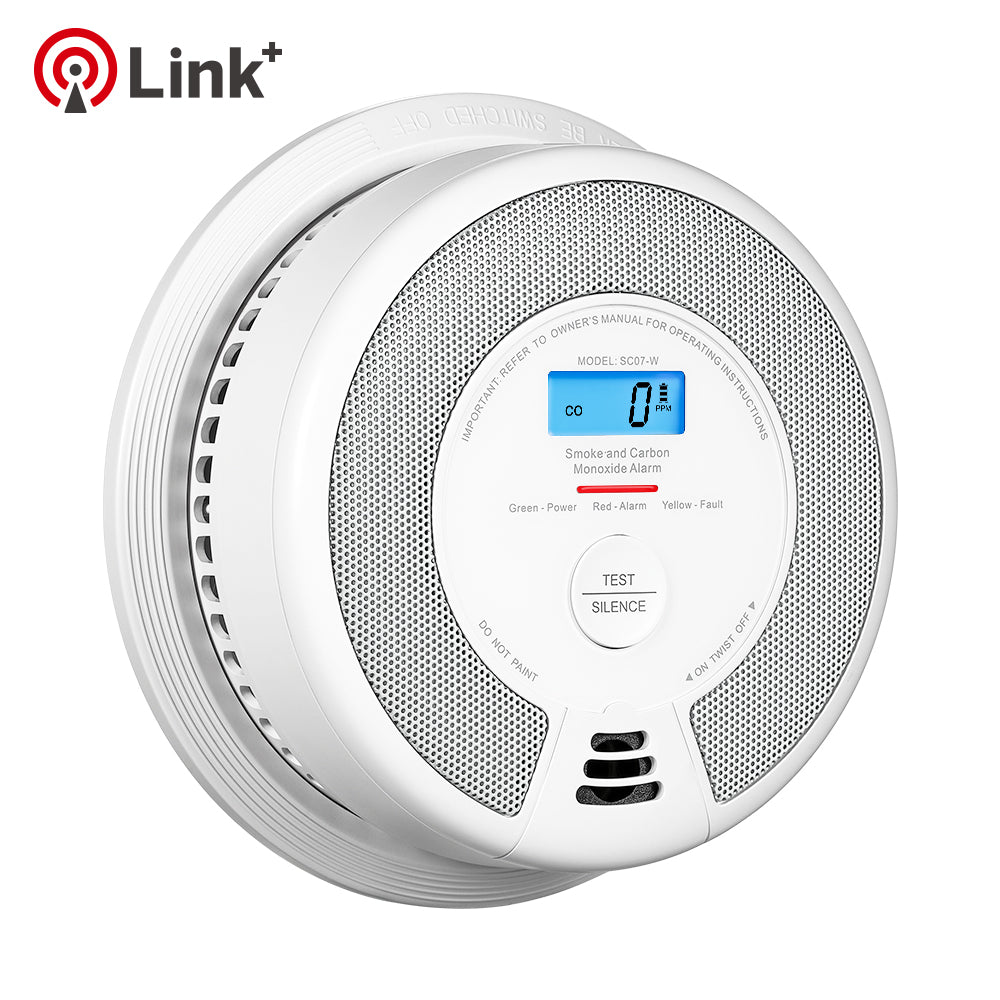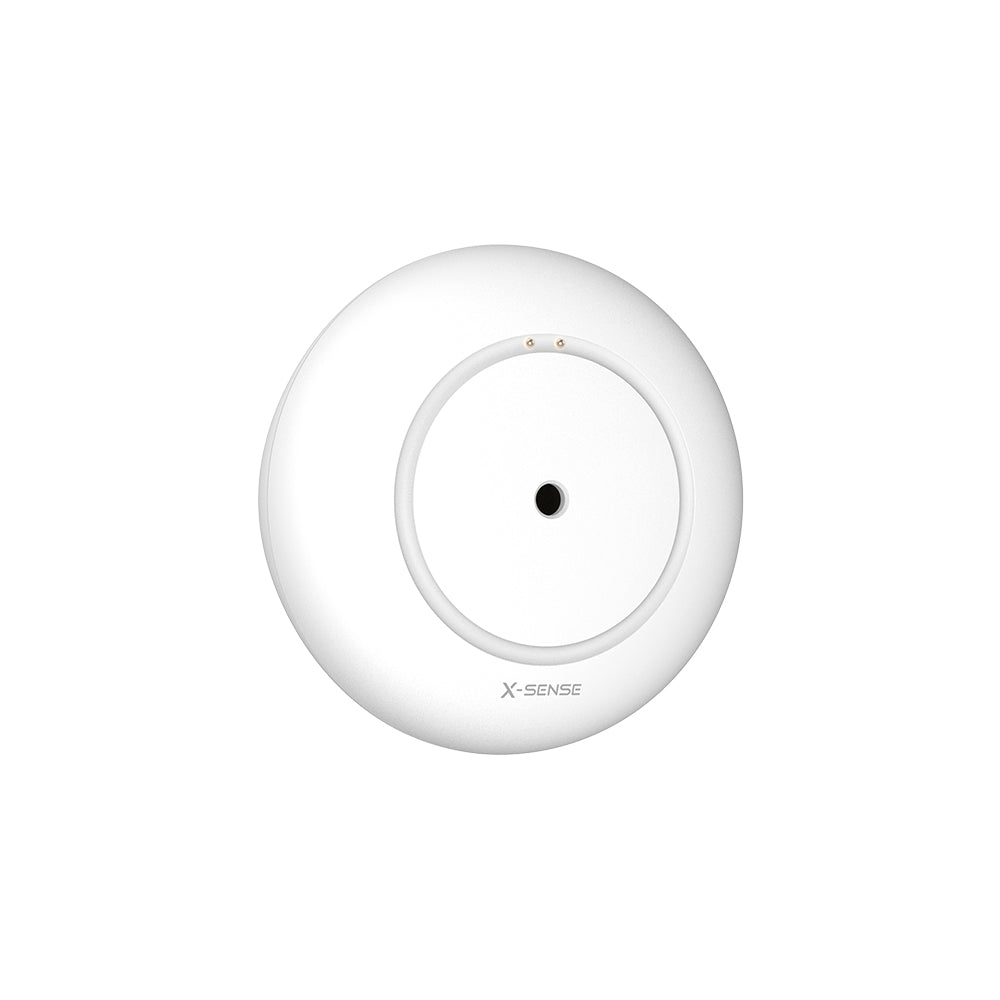Home Smoke Detectors
Tue, Aug 16, 2022
The Different Types of Home Smoke Alarms
There are some different types of smoke alarms that can be purchased that have different pros and cons. The first difference you will see is Photoelectric vs Ionization. The difference between the two types is the sensor that is used to detect the smoke.
- The type of smoke produced by a fire depends on the type of fire. Flaming fires produce a different type of smoke than smoldering fires.
-
Both smoke alarms will detect the smoke from either a smoldering fire or a flaming fire. It has been established and well known for many years that:
- Ionization smoke alarms tend to respond faster to the smoke produced by flaming fires than photoelectric smoke alarms.
- Photoelectric smoke alarms tend to respond faster to the smoke produced by smoldering fires than ionization smoke alarms.
- In some full-scale fire tests, the difference in the time to alarm between ionization and photoelectric smoke alarms was found to be trivial. In other full-scale fire tests, the difference in response time was considerable.
The Best Home Smoke Detectors
1. Wireless interlinked smoke alarms:

X-Sense SD19-W Wireless Interconnected Smoke Detector
- X-Sense SD19-W Wireless Interconnected Smoke Detector with 10-Year Sealed Lithium Battery, Wireless Interconnection, Total Home Coverage, UL 217 Safety Standard Compliant.
$27.99
2. Smart smoke detectors:

X-Sense XS03-WX Wi-Fi Smoke Detector
- X-Sense XS03-WX Wi-Fi Smoke Alarm with Replaceable Battery, Silence Button, Self-Check Function, Insect-Proof Design, 85 dB Alarm, Complies with UL 217 and EN 14604 Standards.
$39.99
3. Photoelectric smoke alarms:

X-Sense XS03 Standalone Smoke Detector
- X-Sense XS03 Smoke Alarm with 10-Year Battery Life, Easy Installation, Low Battery and Malfunction Warning, Insect-Proof Design, 85 dB Alarm, and Complies with UL 217 Standard.
$19.99
How to choose the right home smoke detector
1. Power
Smoke detectors can be hardwired or battery-operated. Many hardwired smoke detectors have a battery backup to ensure that you will never lose power or the protection of your alarms. Batteries can be standard AA or 9V batteries. Some models also have lithium batteries that come installed in the unit itself and last for 10 years without needing to be changed. Most battery-operated models are easier to install but do require changing batteries periodically.
“You should always have a professional check the installation of a new unit or system,” said home inspector Dave Mitchell. In his role, he has seen many smoke detectors that were installed in the wrong place or not connected to a power source. Not only is this dangerous for you and your home, but it can also cause problems with your insurance company or home sale. “It can raise red flags for me as a home inspector,” said Mitchell. “It’s not worth risking your safety.”
2. Sensor type
Smoke detectors use one to two sensor mechanisms to monitor for smoke in the air: photoelectric or ionization. Both types of sensors detect any kind of smoke, but photoelectric sensors are faster at detecting smoldering, slow-burning fires than ionization sensors, which are better at detecting fast-burning fires. The most comprehensive smoke detectors have both sensors inside, as well as additional safety monitoring such as carbon monoxide detection.
3. Lifespan
Whether you have a hardwired or battery-operated model, you will eventually need to replace the unit itself. Most have a special alarm that sounds when the detector is at the end of its lifespan. Your user’s manual can tell you specific lifespan expectations, but most are between five and 10 years.
